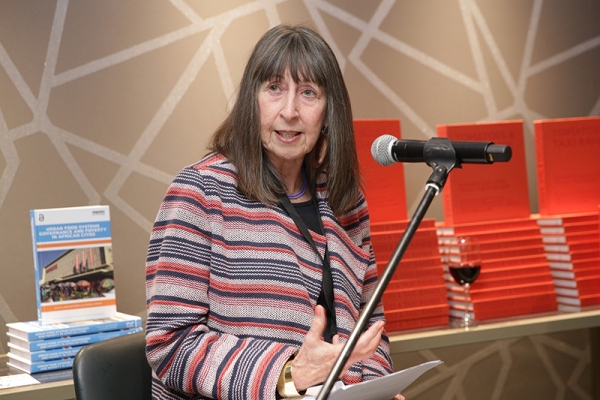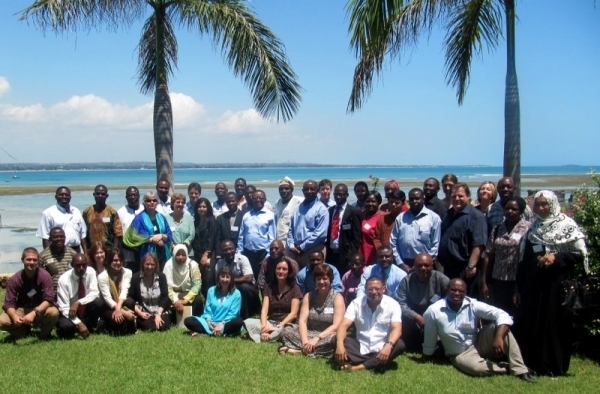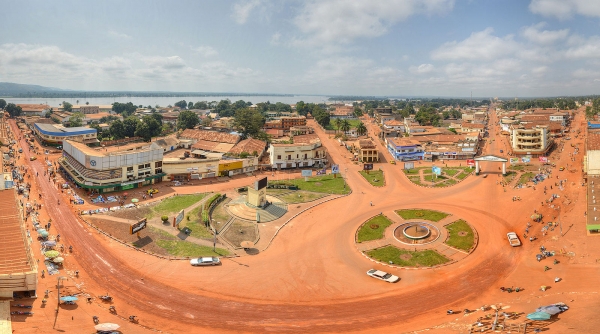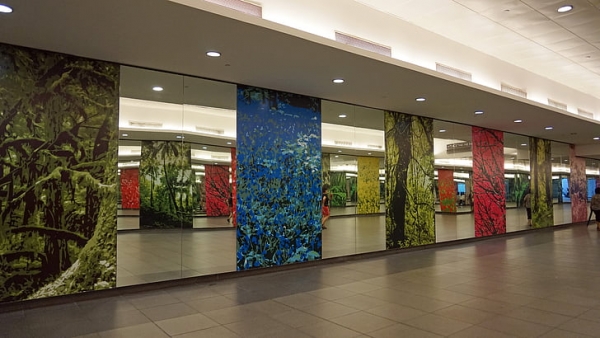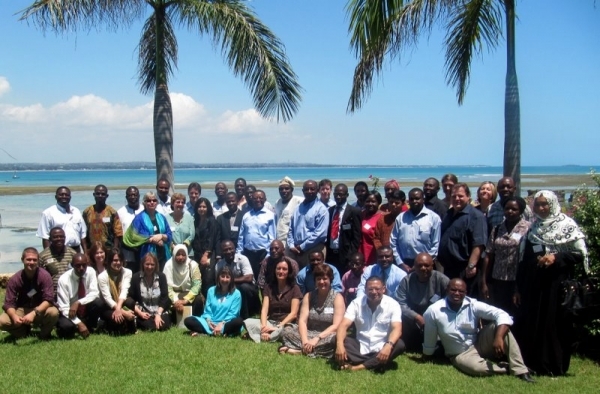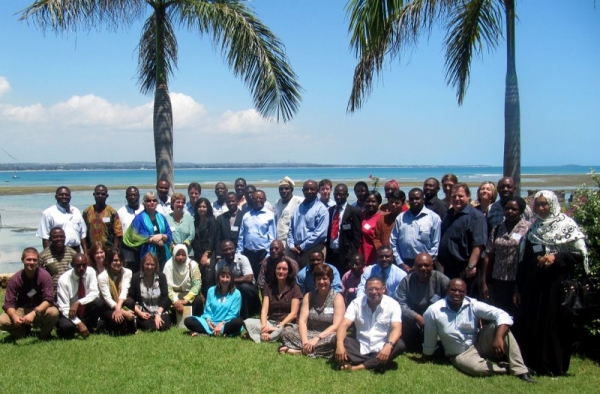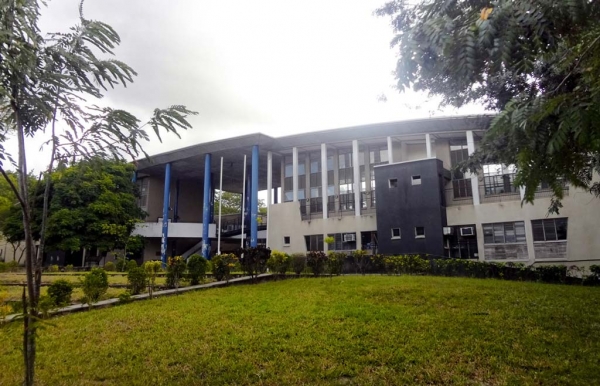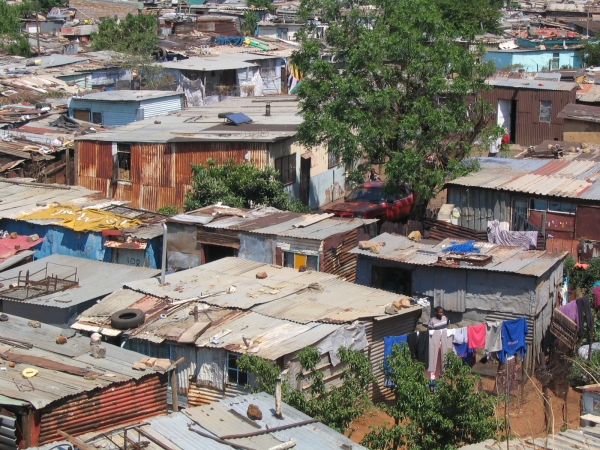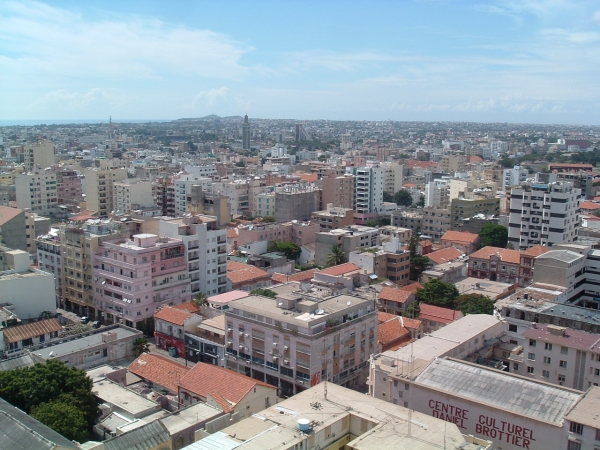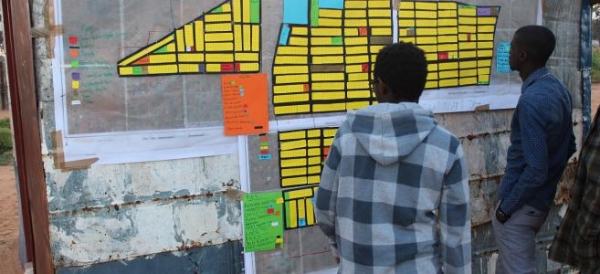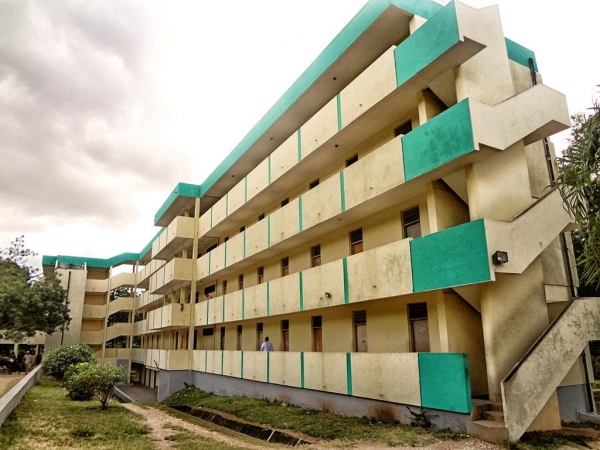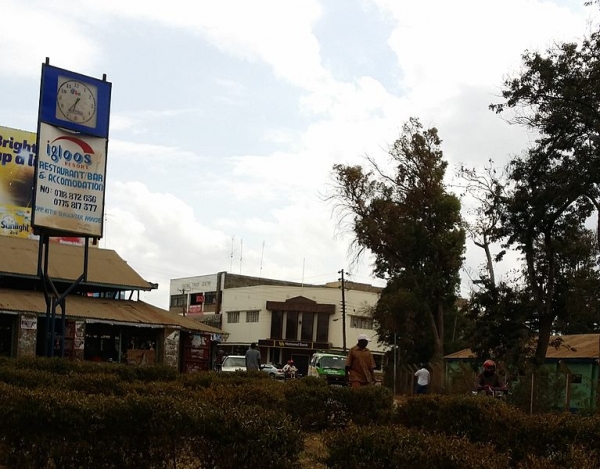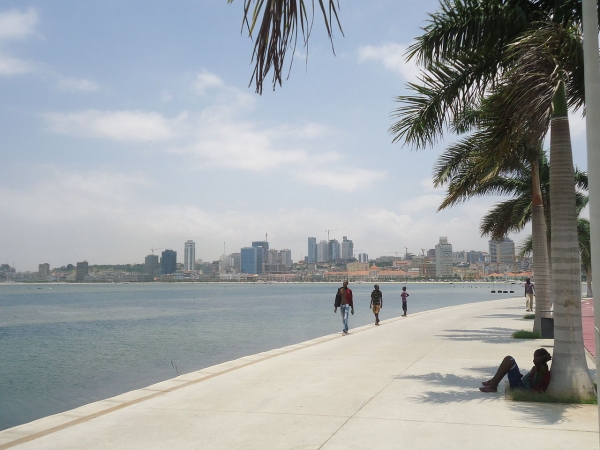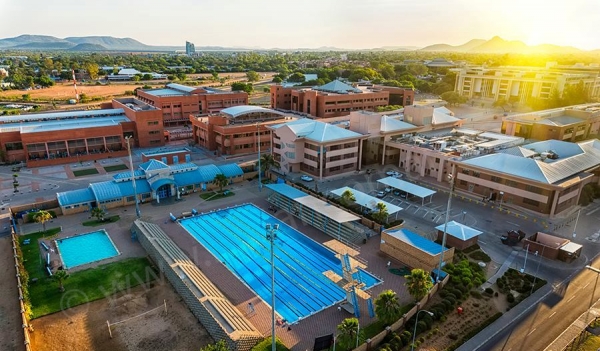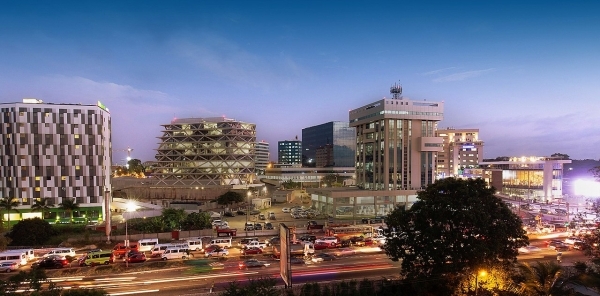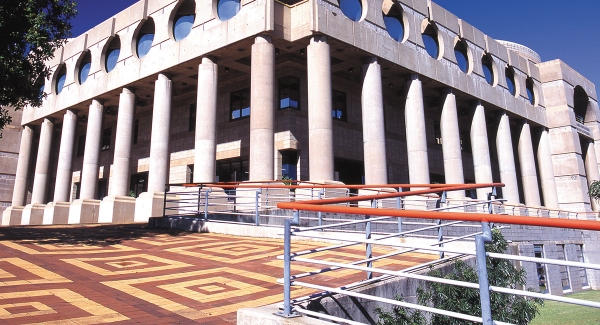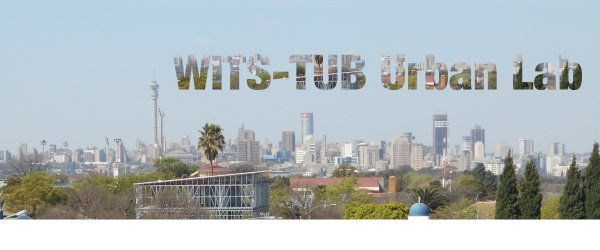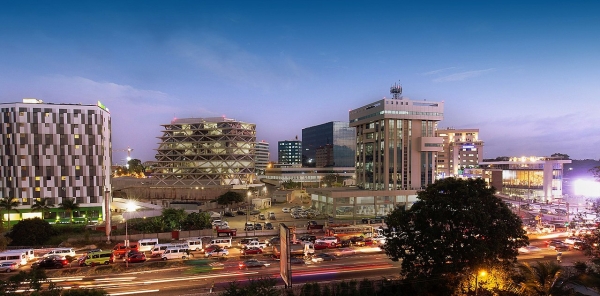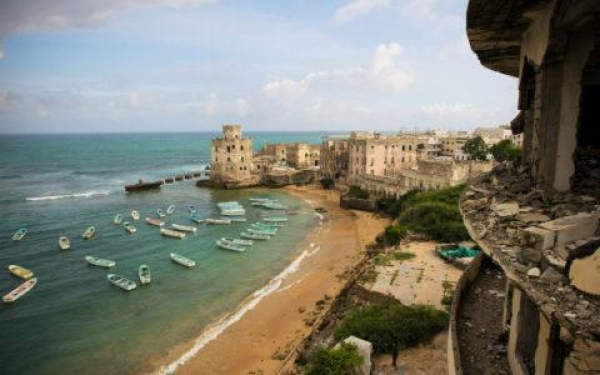Since February 2014 the University of Nairobi has been implementing a community-based upgrading studio in collaboration with the Muugano Support Trust (MuST), the Kenyan affiliate of Slum/Shack Dwellers International (SDI). This is the latest in a series of studio projects jointly organised by the Association of African Planning Schools and SDI since 2010.

Please CLICK HERE to read an online article on the studio’s progress.
An extract from the article:
On 23rd May 2014, members of Kiandutu community from Thika attended a whole day joint urban planning studio at the School of the Built Environment (ADD), University of Nairobi. The members are the community planners collaborating with a team of planning students from Department of Urban and Regional Planning and a grassroots Non-Governmental Organization, Muungano Support Trust (MuST) in the upgrading of Kiandutu informal settlement. The studio which started in March this year is sponsored by Slum Dwellers International (SDI) and the Association of Africa Planning Schools (AAPS).
The focus of the studio is to address a critical problem faced in all informal settlements in Africa, the absence of adequate sanitation services. Through earlier surveys and enumerationdone by the University of Nairobi and MuST, the community of Kiandutu revealed that their priority problem is sanitation.
The understanding of integrated sanitation evolved from community participation for a better appreciation of sanitation as a broader concept and function whose intervention calls for an interconnected understanding of settlement characteristics.It is strongly believed that such an understanding will lead to more responsive and durable interventions.
Specifically, it is hoped that the approach shall achieve the following: appropriate facilities designed and built well at the right locations; optimization of level of use and sustaining number of users; co-production – ‘doing it together’, construction and the collective responsibility in operation and maintenance; community ownership and good will to make things work; improvement of overall sanitary situation – water, sanitation, and hygiene, hence a healthier and more productive community.

